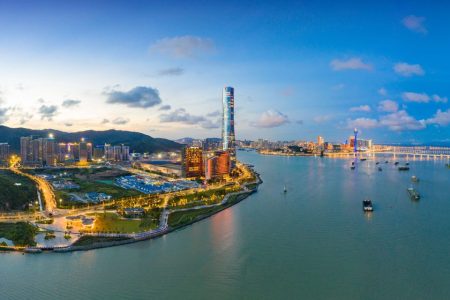In a significant development in public policy, the Macao government will not directly manage public enterprises’ subsidiaries, but focus on managing the “parent companies”, who in turn will manage their “subsidiaries”.
Directly-elected lawmaker Ella Lei Cheng I, who chairs the Legislative Assembly’s First Standing Committee, said that the committee is reviewing a government-initiated bill regulating the operation and supervision of the city’s public enterprises. The bill aims to ensure that the decision-making process will always be supervised by the government – which holds some or all of their shares – and also to assure the “rational” use of the public coffers.
Sónia Chan Hoi Fan, who heads the Macao Special Administrative Region Public Assets Supervision and Planning Office (GPSAP), attended yesterday’s meeting.
The bill proposes that public enterprises will comprise three types:
– those wholly owned by the government
– companies in which the government holds over 50 per cent but less than 100 per cent of the shares
– companies in which the government holds less than 50 per cent of the shares.
According to Lei, some committee members expressed concern about how the bill would apply to companies in which the government holds different percentages of shares.
Lei quoted the government officials who stated that since all public enterprises involve the use of public funds, enterprises that the government holds shares in will be subject to different levels of regulation and the government will oversee their operations, even for companies with relatively small government holdings.
Lei pointed out that the Macao Productivity and Technology Transfer Centre, the Macao Laboratory of Civil Engineering and the Macao Institute for Development and Quality are the government’s administrative public entities that are not subject to the bill, and will continue to be governed by the law regulating associations.
Lei also pointed out that in the future, public-funded Macao enterprises located outside Macao should, as a matter of priority, follow the laws in the respective countries or regions where they are based.
According to the GPSAP, there are currently 23 publicly-funded companies in Macao, and the government holds over 50 per cent of the shares in 16 of them, The Macau Post Daily reported.




